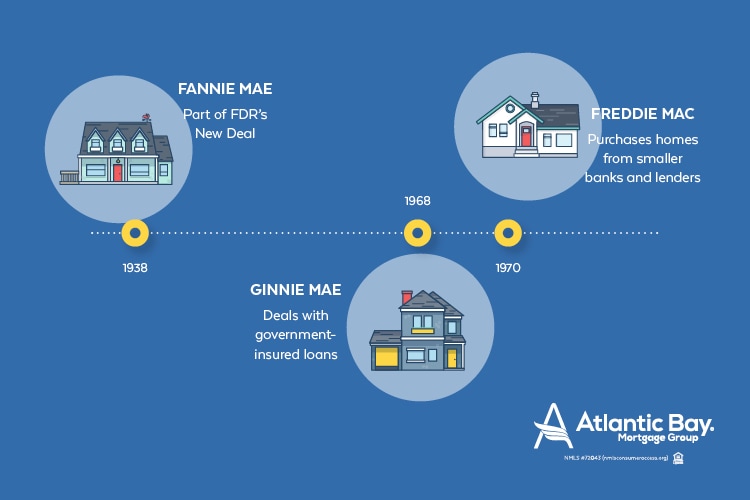The perfect reverse mortgage debtors likewise are those who have developed substantial and varied retirement savings. "However they have significant wealth in their house and they want as much spendable funds in their retirement as possible," stated Jack Guttentag, professor of financing emeritus at the Wharton School of the University of Pennsylvania (what are current interest rates on mortgages).
If you do not fully understand the home loan, you need to likewise prevent it. "These are complex products," Nelson stated. "It's a mind twister to think about equity disappearing."If you wish to leave your house to your kids after you pass away or vacate the house, a reverse home loan isn't a great choice for you either.
If you do not make your residential or commercial property tax and insurance coverage payments, that might set off a foreclosure. Similarly, if you do not react to annual correspondence from your lender, that could likewise trigger foreclosure proceedings. Regrettably, minor infractions like not returning a residency postcard, missing tax or home insurance coverage payment, or bad servicing can result in foreclosure quickly.
If your partner is not a co-borrower on the reverse mortgage when you die, what happens next depends upon when the reverse home mortgage was secured. If it was secured on or after Aug. 4, 2014, a non-borrowing spouse can remain in the home after the debtor dies however does not receive any more of the loan funds as long as she or he satisfies these eligibility requirements: Married to the customer when the loan closed Remain wed until the customer dies Named as a non-borrowing spouse in the loan documents Live and continue to live in the house as the primary home Able to show legal ownership after the customer passes away Pay the taxes and insurance coverage and keep the house's upkeepThe customer and spouse must accredit at the loan's closing and every following year that they are still wed and the spouse is a qualified non-borrowing partner.
If these conditions aren't satisfied, the partner can deal with foreclosure. For reverse home loans taken out before Aug. 4, 2014, non-borrowing partners have fewer securities - what percentage of mortgages are fha. The lending institution does not have to permit the non-borrowing partner to remain in the house after the borrower https://www.inhersight.com/companies/best/industry/financial-services dies. A borrower and his/her partner can ask a loan provider to use to HUD to enable the non-borrowing partner to remain in your house.

Some loan providers provide HECM lookalikes however with loan limitations that surpass the FHA limitation. These reverse mortgages typically resemble HECMs. But it's important to understand any differences. Know how your reverse home mortgage professional makes money. If paid on commission, beware if the expert encourages you to take the maximum upfront money, which suggests a larger commission.

"People do not take a look at reverse mortgages till it becomes a need. They can be desperate."There are other ways for elders to open the equity they developed up in their homes over the decades without securing a reverse mortgage. https://www.bloomberg.com/press-releases/2019-08-06/wesley-financial-group-provides-nearly-6-million-in-timeshare-debt-relief-in-july If you need the equity for your retirement years, it's crucial to think about all choices.
The Greatest Guide To What Are Basis Points In Mortgages
The disadvantage is quiting the household house. However potential advantages consist of moving closer to household and buying a home better for aging in location. what is the interest rate today for mortgages. You can either re-finance or secure a new home loan if you do not have an existing one and squander a few of the equity.
You could likewise borrow against your home equity using a home equity loan or line of credit. A loan permits you to take a lump amount upfront that you repay in installation payments. With a line of credit, you can borrow from it at any time, as much as the maximum quantity.